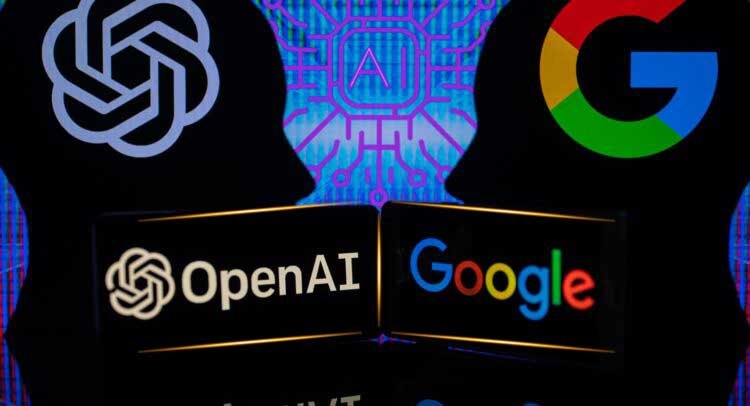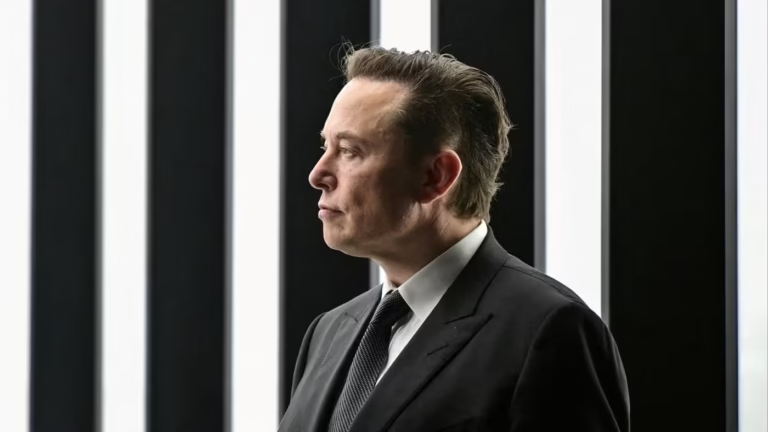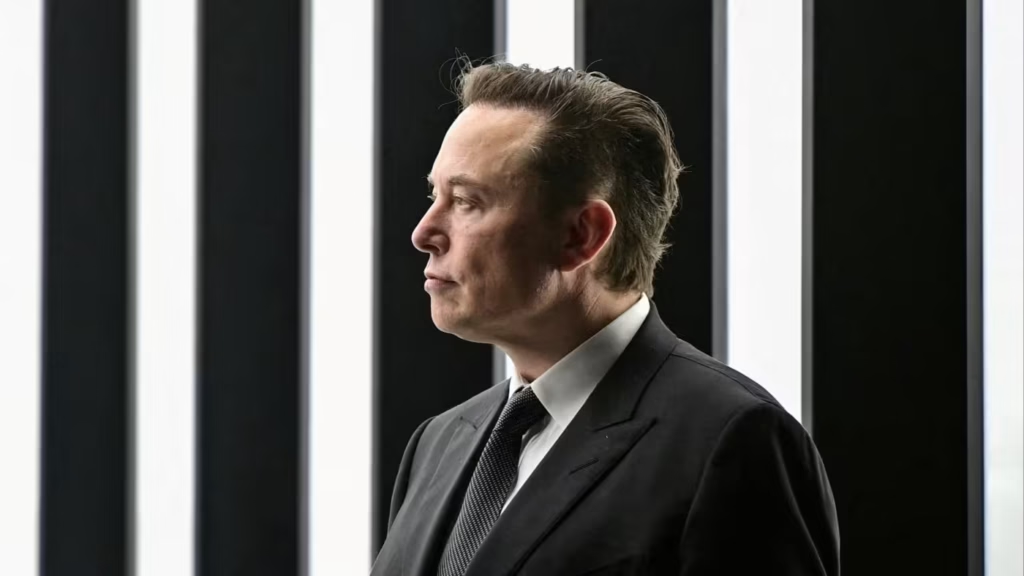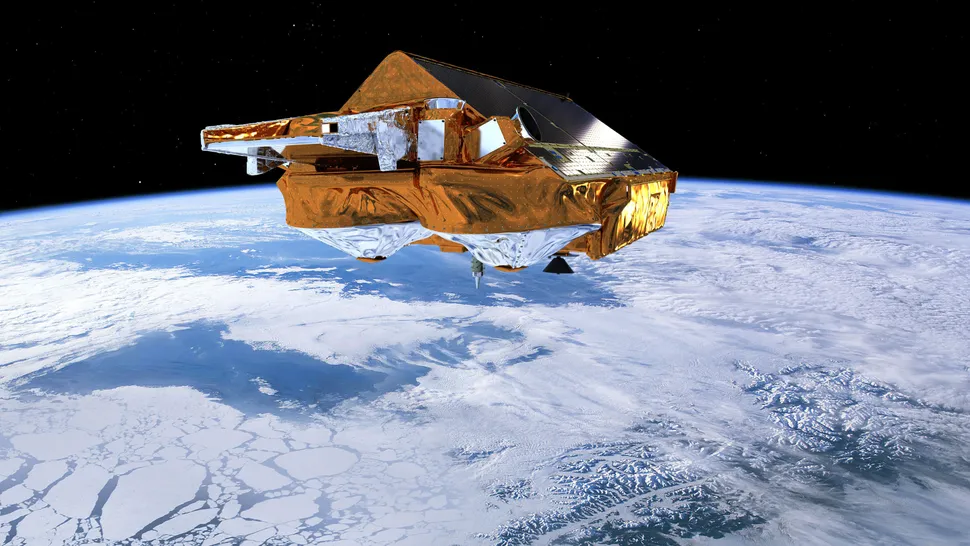The artificial intelligence industry thrives on innovation, but its recent developments have often challenged conventional wisdom. One such event profoundly impacted the tech world: the OpenAI Google Cloud Deal. This unprecedented multi-billion-dollar cloud computing agreement, signed between two formidable AI rivals, sent ripples across the market. It represents a pivotal moment, highlighting the skyrocketing demand for AI infrastructure and reshaping competitive dynamics within the cloud computing sector. For many, this partnership—between the creator of ChatGPT and Google—was a twist nobody saw coming.
OpenAI Google Cloud Deal: The Unlikely Alliance
Imagine Coca-Cola suddenly contracting Pepsi to help manufacture its drinks. That comparison aptly describes the OpenAI Google Cloud Deal. OpenAI, the company behind ChatGPT, which has aggressively challenged Google’s search dominance, recently inked a massive cloud computing agreement with Google. This announcement hit the tech world with significant impact. According to reports, this deal was months in the making, finalized after careful negotiations. Previously, OpenAI held an exclusive arrangement with Microsoft Azure, making this diversification a strategic move.
This partnership is not a collaboration on core AI products; it is purely an infrastructure deal. OpenAI requires immense computing power, a need that has rapidly grown with its staggering $10 billion annual revenue run rate. Essentially, OpenAI declared, “We need so much computing capacity that we will work with our biggest competitor to get it.”
Why OpenAI Needs More Cloud Power
The escalating demands of modern AI models drive OpenAI’s need for diversified cloud infrastructure. Training and deploying advanced large language models (LLMs) like those powering ChatGPT consume an astronomical amount of computational resources. This includes vast numbers of specialized GPUs (Graphics Processing Units) and enormous energy. OpenAI’s rapid growth means their compute requirements continue to explode. No single cloud provider, however large, can easily handle such monumental and continuously growing infrastructure demands without potential bottlenecks. Therefore, securing additional high-performance cloud capacity becomes paramount for OpenAI’s continued research and product scaling.
Implications for Microsoft and the AI Landscape
The OpenAI Google Cloud Deal certainly has implications for Microsoft, OpenAI’s long-standing strategic partner and investor. Microsoft previously held an exclusive cloud arrangement with OpenAI. While Microsoft reportedly retains a “right of first refusal” for future computing needs, this new deal suggests OpenAI’s intention to diversify its infrastructure. This move signals that even a major player like Microsoft Azure cannot solely cater to the insatiable compute hunger of leading AI developers. The market reacted swiftly: Google’s stock jumped 2.1% on the news, while Microsoft saw a 0.6% drop. This highlights the perceived shift in competitive dynamics.
For the broader AI landscape, this partnership underscores a crucial point: the “compute wars” are very real. The ability to access and scale massive cloud infrastructure is as critical as algorithmic innovation for AI companies. This trend will likely intensify competition among cloud providers as they vie for top AI clients.
The Broader Impact of the OpenAI Google Cloud Deal
Beyond the immediate market reactions, the OpenAI Google Cloud Deal has several significant broader impacts. Firstly, it validates Google Cloud’s substantial investments in its AI infrastructure. Landing a client of OpenAI’s stature demonstrates Google’s capabilities in handling the most demanding AI workloads, including specialized hardware like Tensor Processing Units (TPUs). Secondly, it emphasizes the growing trend of multi-cloud strategies for even the largest tech players. Relying on a single provider for critical, high-demand workloads carries inherent risks.
Ultimately, this deal reinforces that AI is moving beyond experimental phases. It is entering an era of industrial-scale infrastructure building. This necessitates robust, flexible, and immensely powerful cloud services. Marketers, developers, and businesses must recognize that access to cutting-edge AI capabilities increasingly depends on this foundational cloud infrastructure.
Future Outlook: Beyond the OpenAI Google Cloud Deal
The OpenAI Google Cloud Deal does not signal an end to the rivalry between the two AI giants in product development. They remain fierce competitors in areas like search and AI assistants. Instead, this partnership highlights a strategic collaboration on infrastructure. It allows both companies to leverage their strengths: OpenAI gains essential compute, and Google Cloud secures a significant client and validates its platform. Looking ahead, this trend of surprising infrastructure partnerships among competitors could become more common as AI’s demands continue to scale. The deal ultimately underscores the immense resource requirements necessary to push the boundaries of artificial intelligence.
For more news and updates, please visit PFM Today.















